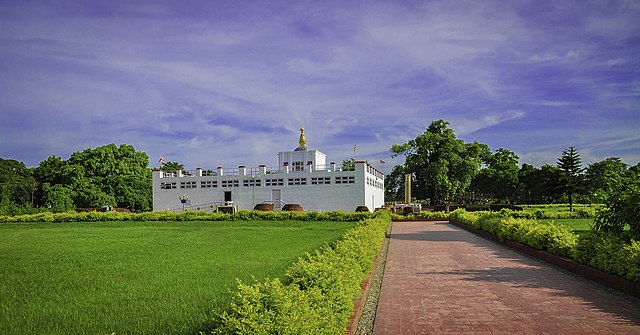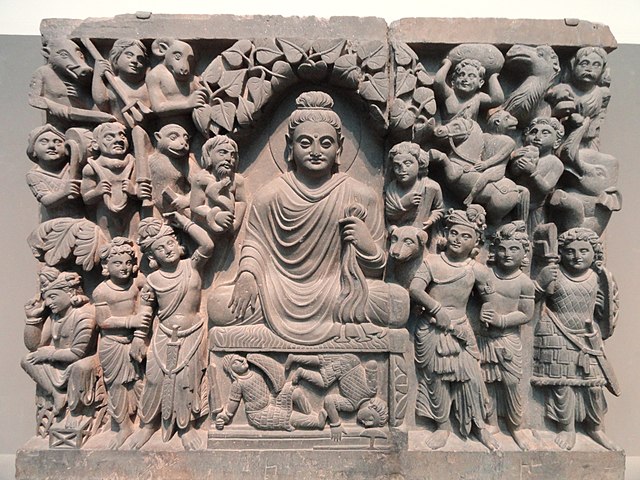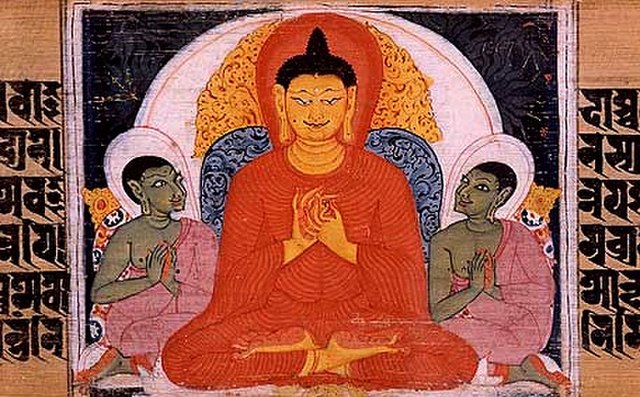In Buddhism, the eight precepts is a list of precepts that are observed by lay Buddhists on observance days and festivals. They include general precepts such as refraining from killing, but also more specific ones, such as abstaining from cosmetics and entertainments. This tradition of keeping the eight precepts on observance days are still widely practice in all Theravadin Buddhist countries and Theravadin Buddhist communities worldwide. Based on pre-Buddhist sāmaṇa practices, the eight precepts are often upheld on the Buddhist observance days, and in such context called the uposatha vows or one-day precepts. They are considered to support meditation practice, and are often observed when staying in monasteries and temples. In some periods and places the precepts were widely observed, such as in 7th–10th-century China by government officials. In modern times, there have been revival movements and important political figures that have observed them continuously.

The mae chi in Thailand observe the eight precepts all the time as part of their way of life.
Buddhist lay devotees observe the eight precepts often during yearly festivals such as Vesak.
Buddhism, also known as Buddha Dharma and Dharmavinaya, is an Indian religion and philosophical tradition based on teachings attributed to the Buddha. It is the world's fourth-largest religion, with over 520 million followers, known as Buddhists, who comprise seven percent of the global population. Buddhism originated in the eastern Gangetic plain as a śramaṇa–movement in the 5th century BCE, and gradually spread throughout much of Asia via the Silk Road.
Mayadevi Temple marking the Buddha's birthplace in Lumbini
Enlightenment of Buddha, Kushan dynasty, late 2nd to early 3rd century CE, Gandhara
The Buddha teaching the Four Noble Truths. Sanskrit manuscript. Nalanda, Bihar, India
Traditional Tibetan Buddhist Thangka depicting the Wheel of Life with its six realms






